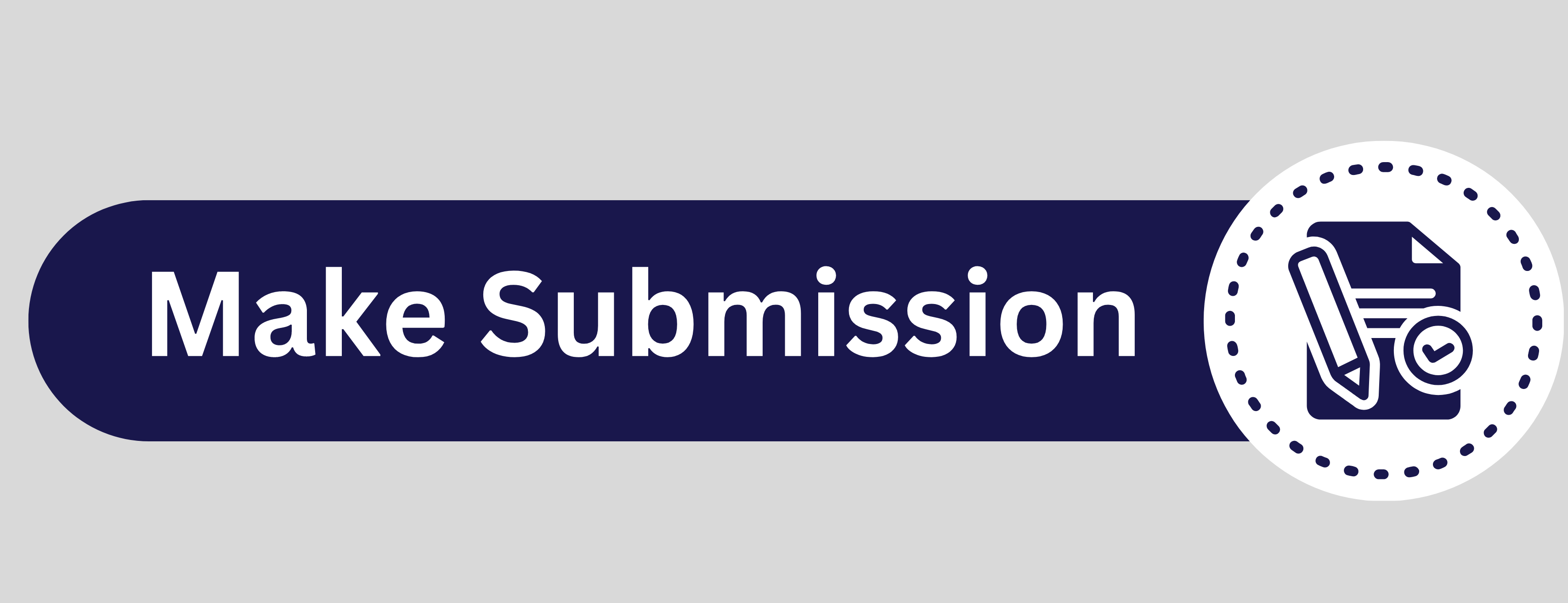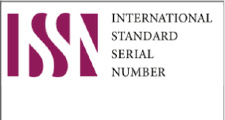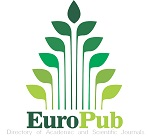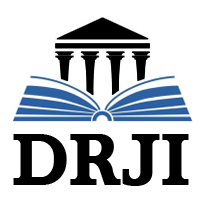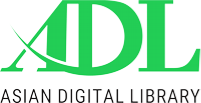Moral and Social Development in Education: Islamic Pedagogy and Deweyan Pragmatism
Keywords:
Experiential Learning, Islamic Pedagogy, John Dewey, Moral Education, Pragmatism.Abstract
Education has long been a fundamental tool for shaping moral character, social consciousness, and civic responsibility. While differing in their philosophical foundations, both John Dewey’s Pragmatism and Islamic Educational Philosophy emphasize the development of ethical, socially responsible individuals through education. Dewey, a key figure in American Pragmatism, viewed education as an experiential, student-centered process aimed at fostering critical thinking, problem-solving, and democratic participation. His principle of "learning by doing" promotes moral development through real-world engagement and social interaction. In contrast, Islamic Educational Philosophy, rooted in the Qur’an, Hadith, and Islamic scholarly traditions, integrates intellectual, moral, and spiritual growth, emphasizing concepts such as Ilm (knowledge), Akhlaq (ethics), and Tazkiyah (self-purification) to cultivate individuals who are both God-conscious and socially responsible. This comparative study explores the similarities and differences between these two educational philosophies, particularly in their approaches to moral and social development, experiential learning, and ethical reasoning. While Dewey’s secular pragmatism promotes ethical relativism and democratic participation, Islamic education upholds a divinely guided moral framework emphasizing absolute ethical values and religious accountability. Despite these differences, both philosophies highlight the importance of character formation, social responsibility, and experiential learning. The study also examines how their integration can contribute to a holistic educational model, balancing secular and religious perspectives in shaping well-rounded individuals prepared for the complexities of the modern world. By synthesizing Dewey’s experiential learning principles with Islamic moral education, this paper proposes a framework that fosters both critical thinking and ethical responsibility, offering insights for contemporary educational institutions. Such an approach bridges secular and faith-based education, fostering an inclusive learning environment that nurtures intellectual, moral, and civic growth.



